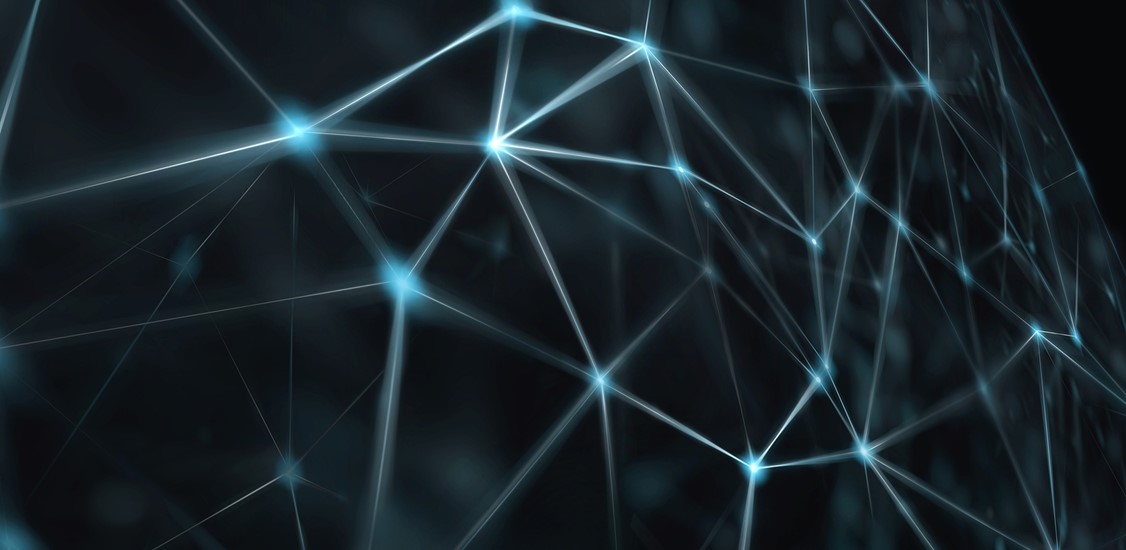A concept currently circulating the internet and generating equal parts hype and speculation is Web 3.0. Various experts have weighed in, attempting to define what it is and isn't – however, what is certain is that Web 3.0 will be a decentralized ecosystem where creators of infrastructure will own their data. Gone are the days of one server and database, as Web 3.0 will move toward a homogenous way of connecting people and devices seamlessly. But, to understand the implications of this transformation, it's important to look back at Web 3.0's progenitors.
Initially, there was Web 1.0, which was primarily a means for sharing and using the information on static pages. With Web 2.0 came the advent of social media and kicked off the age of user-generated content. What united these previous iterations was that data got stored on servers owned by massive corporations and institutions. Even if the user was the original creator of the data, they weren't ultimately the true owner. While Web 3.0 hasn't fully taken shape, it will have significant implications for how business gets conducted as it is – unlike the past – decentralized and not controlled by governments and corporations.
Centralized vs. Decentralized
The internet was first structured around one server ownership because this was the simplest way to build network infrastructure. Still to this day, data is, in the majority of cases, stored on some server or cluster of servers in the cloud. And those servers are owned by companies who manage data on behalf of users and even other businesses. Web 3.0 will break this paradigm by moving away from one server to many different, decentralized servers; as Berners-Lee envisioned, Web 3.0 will create a universal space ungoverned by a central authority.
Many believe that blockchain will be the ‘core’ enabler of Web 3.0 concerning decentralization. Blockchain will permit encryption and distribution computing, meaning that data stored on a blockchain is only accessible by those with permission. Essentially, the data owner will be the only one with control over it – meaning the user. Moreover, blockchain allows people and businesses to interact without intermediaries or third parties. A trustless transaction between two parties is best represented in the exchange of Bitcoin directly with another person. However, because the internet will theoretically no longer be under the ownership of one central gatekeeper, society will need to determine a balance between trust and truth.
If blockchain technology plays a pivotal role in the development of Web 3.0, we could see cryptocurrencies being integrated seamlessly into the digital payments system. Decentralized ledger technology could also be used to democratize the world of digital content and protect copyrights by giving everyone the opportunity to create and monetize their content.
Facilitating trust
Some have theorized that Web 3.0 will be a potential solution to the hegemony of the 'big tech companies,' such as Google, Amazon and Microsoft, who, together, own more than 50% of all data centers. Although someone might argue the importance of centralized data to safeguard the truth and prevent the spread of harmful or inappropriate content, others posit data can get easily manipulated because it is so centralized. Currently, in the Web 2.0 model, if some system administrator wanted to tamper with data on a server, they could hypothetically do so, and no one would be any wiser. But, with Web 3.0, centralized companies no longer own or control the data, as it gets privately managed. Plus, there would be multiple servers, each with copies of the same data but overseen by different people or companies. Likewise, users can't predict which server they would join even though they maintain the same data set. This unpredictability is necessary as an administrator can't manipulate data without making it very obvious as the information would no longer match the other servers. And by having no centralized party generating the leading opinion, it democratizes the web.
Nevertheless, the implications of Web 3.0 do raise some questions about the inherent lack of oversight and control in terms of safety and legality; some believe that the internet could become something akin to the 'wild west.' Similarly, despite the excitement of a decentralized internet, many are dubious if it will be as free as people think. It is doubtful that big tech will permit their monopoly to end so easily – already, several major corporations and venture capital firms have begun to pour money into Web 3.0.
A significant misconception is that the metaverse and Web 3.0 are the same. In actuality, the metaverse is just users interacting with the presentation/interactive layer, whereas Web 3.0 is the entire architecture with every level decentralized.
How will Web 3.0 affect business models
Web 3.0 will revolutionize how businesses interact with their customers, so much so that they may need to build entirely new infrastructure to accommodate. New channels will need building for potential revenue streams, especially curated content, products and experiences. Web 3.0 will give companies direct access to the end-users, forcing many to review what omnichannel truly means.
Currently, businesses face significant challenges with customer base segmentation – but, with Web 3.0, customers can share their information effortlessly and purposefully with the brands of their choice, making the customer experience even more personalized. By adding AI and machine learning on top of decentralized data structures, brands can do more than merely targeted advertising – for healthcare, specifically, a company could design a drug crafted purely on a patient's data.
In many cases, users will collectively contribute to product creation, being fairly paid for their contribution as co-investors and creators with no central authority authorizing the payments. Based on various DAO and smart contract models, the direct connection between end usage/revenue and creation contribution can be established with no management parties involved.
A realistic perspective
It will take time to understand the full potential of Web 3.0, and there is still much necessary research and development before it becomes a reality. And many obstacles stand in the way, like the reluctance of big tech to relinquish their dominance. Nonetheless, Web 3.0 will bring about a complete upheaval in the way businesses and consumers interact with each other online.






















